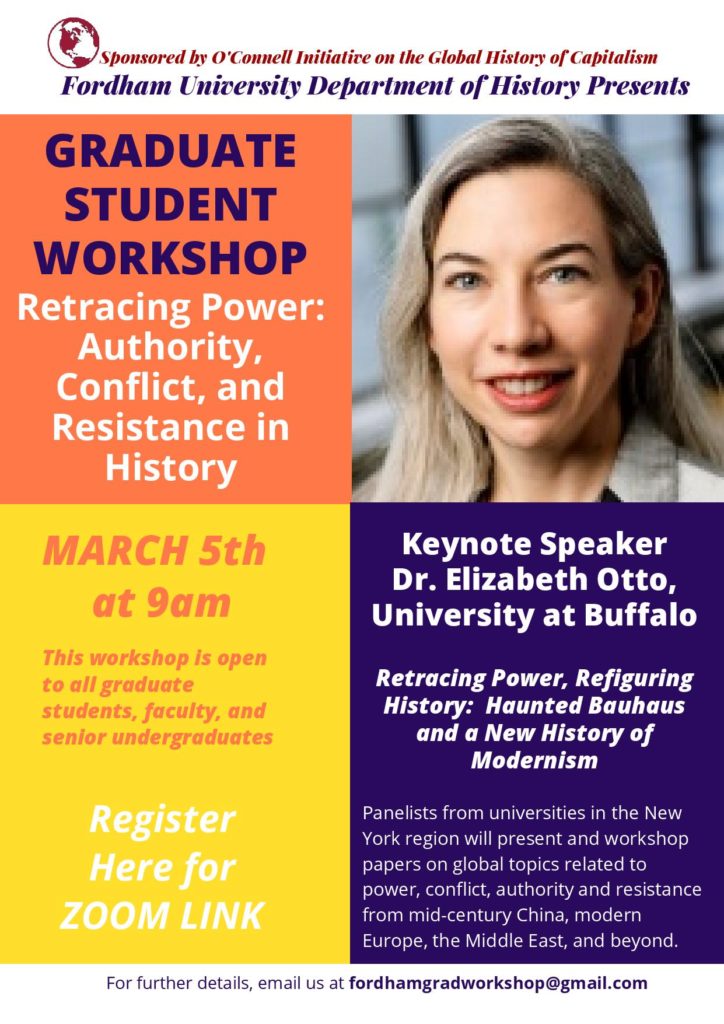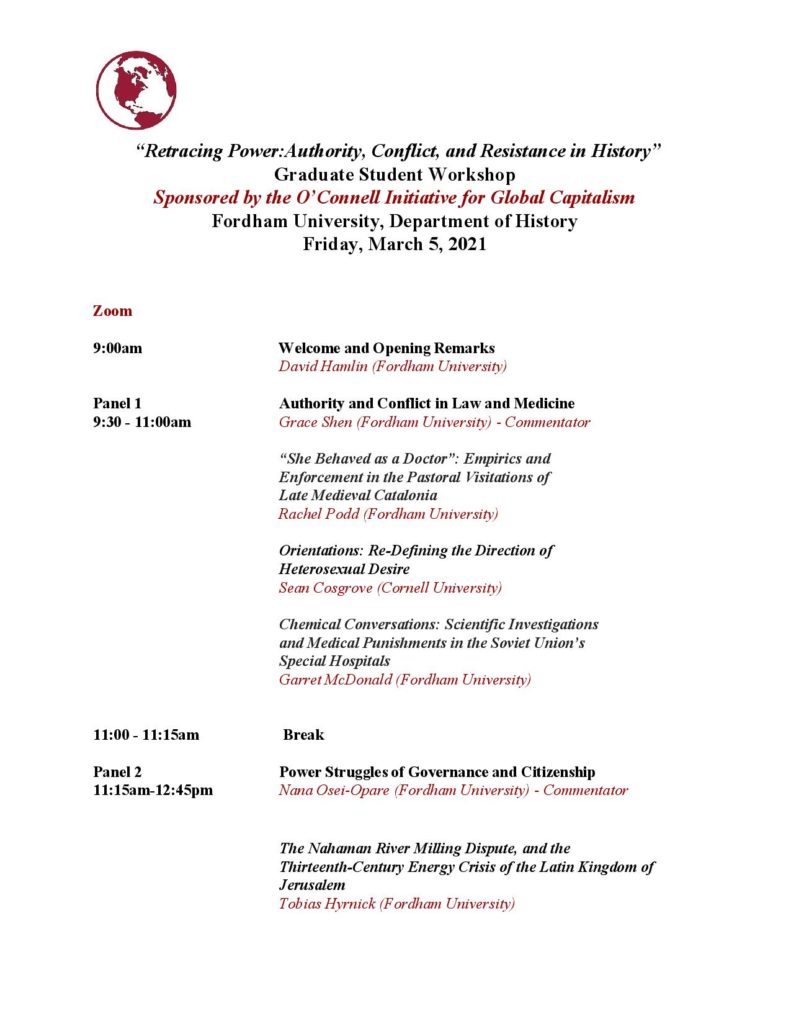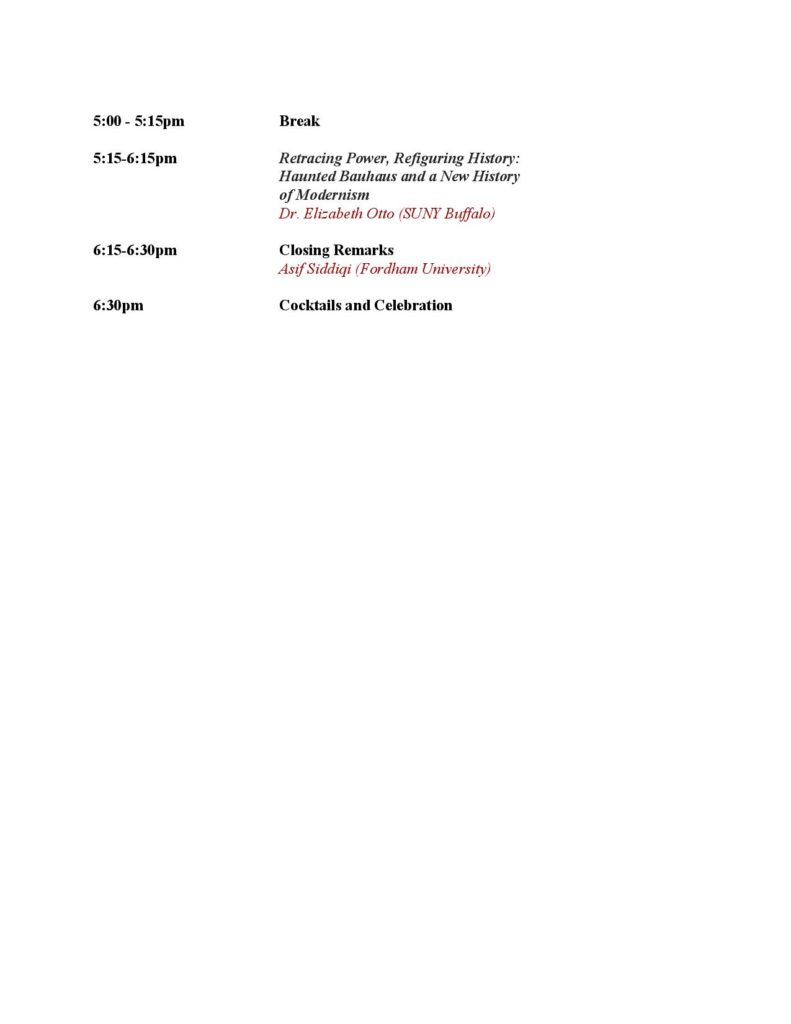Emily Horihan – History department PhD Candidate (Cohort 2019-20) working with Dr. Daniel Soyer – is currently working on her dissertation, the working title of which is: “Suburb in the City: Negotiating Change in Staten Island after the Verrazano-Narrows Bridge.” In this week’s From the Archives, Emily shares some of her experiences while researching at the Archives & Special Collections at the College of Staten Island.
What is your current research on?
My dissertation research looks at how Staten Island residents responded to rising development – in the form of housing, highways, commercial spaces, and industrial facilities – in the borough following the opening of the Verrazano-Narrows Bridge in 1964. I’ve been looking at collections organized by local officials and citizen groups during this period.
What archive(s) did you visit and can you describe the archive a little?
Most of my archival research has been done at Archives & Special Collections at the College of Staten Island (CSI). The archive is housed within CSI’s library in Staten Island. The archivist and a college assistant helped me to schedule research appointments,; made sure I was cleared to visit campus (which requires proof of vaccination and a recent negative COVID-19 test); and prepared materials requested for each of my research trips. The archive has limited hours – it’s open Tuesdays and Wednesdays from 9:00 am – 5:00 pm and Thursdays from 9:00 am – 2:00 pm.
What was an average day in the archives like?
Since I work full-time, I always plan to take vacation time and spend a full day at the archive (which is only possible on Tuesdays and Wednesdays). I email archives@csi.cuny.edu to request an appointment in advance – noting how long I plan to spend in the archive and which materials I plan to look at for the day. I also make sure that I am still cleared to enter campus before each appointment.
I take public transportation to the CSI campus from Brooklyn (along with a bunch of students that commute there from around the city). The bus drops passengers off at the front entrance and the library is a leisurely 15-minute walk to the back of the campus. Once at the archive, I check in with the staff, who set me up with a cart of research materials and a workspace. On most days, I’m the only researcher at the archive.
The research room is pretty cold, so I always bring a sweatshirt to keep warm. To maximize research time, I usually pack a quick lunch to eat outside while the archivist and archive assistant take their lunch break. Unless you want to grab lunch at an on-campus eatery, most places are a short drive away. I connect to the guest wifi and spend much of the day taking photos and to upload and catalog for each collection (taking limited notes as needed along the way). I usually wrap up around 4:30 pm to give the archive assistant enough time to put away any materials taken out for the day.
Was there anything surprising you found in your research?
The Staten Island Advance, a local newspaper that is important to my research, is only available on microfilm. In my archival research, I was surprised to find how many collections contained newspaper clippings from the Staten Island Advance, which helped me to save time sorting through microfilm. If you do need to use microfilm, you can also request it from Fordham’s Interlibrary Loan Office to use during business hours in Walsh Library.
What advice would you give for anyone interested in visiting the archive you went to?
As with any archival trip, come prepared! Schedule an appointment in advance. Set goals. Bring what you need. And have a system for organizing your photos and/or notes.
What advice would you give to someone interested in pursuing historical research?
Start your research online. Many collections are digitized and you should do as much research online as possible before heading to the archives.
How can people follow your research?
Emily recently published a blog post in SAPIENTIA: Reflection and Revival: Sandy Ground, One of New York’s Oldest Free Black Settlements.
From the Archives is a special series for the Fordham History blog which highlights the research experiences of members of the history department in an effort to both showcase their work and provide insight for future researchers preparing for their own archival projects.












